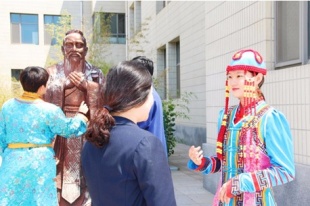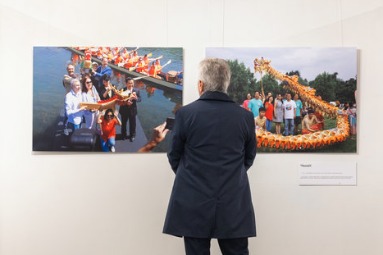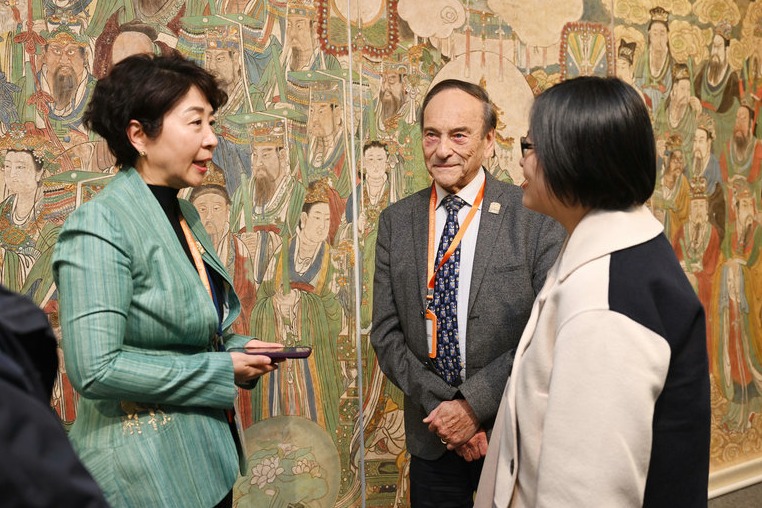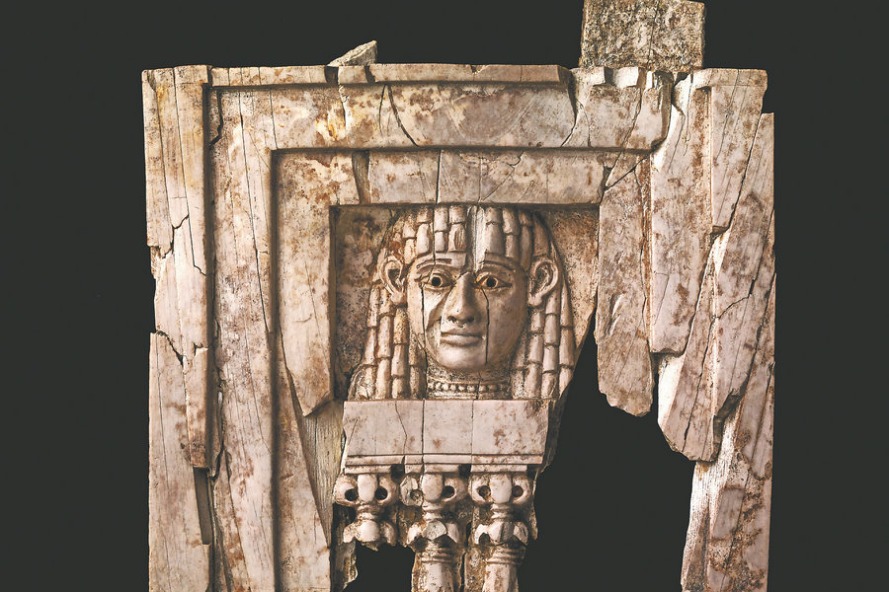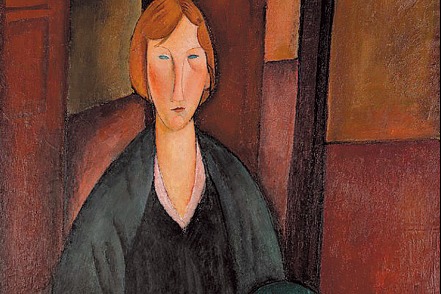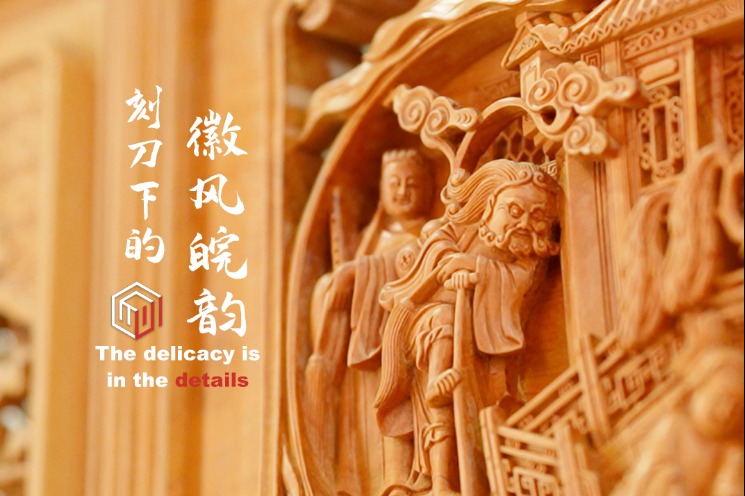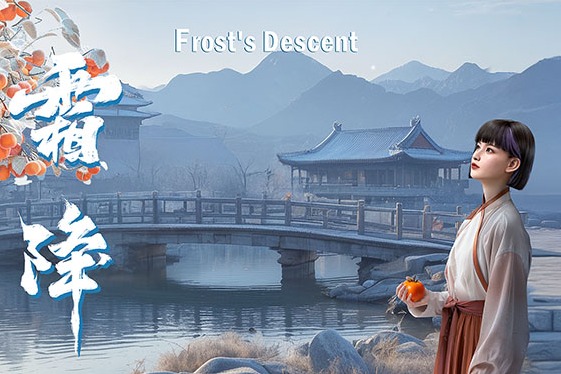Collision of thought: College students review cultural China


"Over the past 5,000 years, history has recorded the rise and fall of kingdoms and dynasties. One hundred and fifty years ago, the West conquered the world but failed to conquer the hearts of Chinese. Now, Uncle Sam is seeking unilateralism by abandoning world orders since World War II, but they encountered resistance all over the world, especially from China," said Wang Yaoheng, one of 12 contestants in the annual English Speech Contest held by the College of Liberal Arts & Law of Dalian Minzu University on June 28. He made no secret of his admiration of Chinese culture.
"After being informed of the speech contest, I was very excited about it. As a Chinese youth, I long for an opportunity to express my love for the culture of our motherland. In addition, this is also a fight back to those who turn a deaf ear to both affairs at home and abroad. I want to tell them that we college students are not a "spoiled generation, we are not the kind of know-nothing-but-pleasure" generation, Wang said.
The contestants were ethnically diverse, and expressed their reverence to traditional Chinese culture and great pride for the social and economic achievements made by Chinese people in the past several decades. The recognition of Chinese cultural identity among young students from different ethnic groups reached a record high against the background of the global trade war and unilateralism triggered by the US.
However, as to the role of Chinese traditional culture in the modern era, students' views varied.
Some believe that Chinese culture is still as vibrant as it used to be, while others see that Chinese culture needs to remember its traditions.
Tong Fei, a contestant, said that the absence of filial piety among members of the younger generation has become a cruel reality. For instance, the notion of "raising children for old age" is no longer accepted. Increasingly, more people no longer believe that it is practical to wait for their children to take care of them in their old age.


